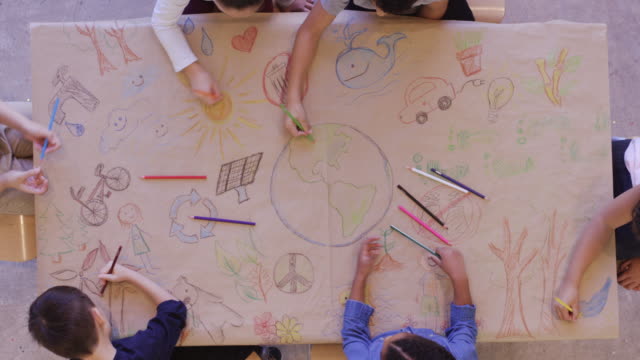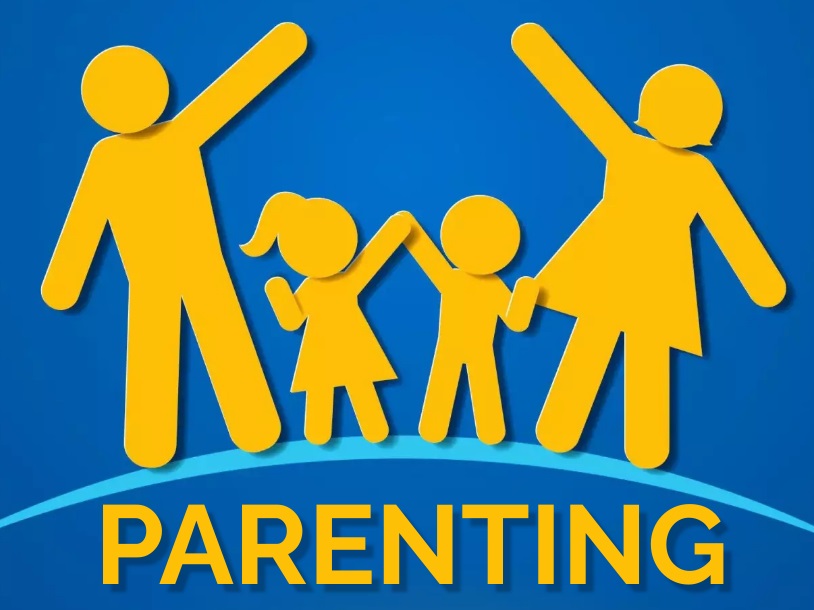
 Emotional intelligence plays a vital role in children’s overall well-being and success in life. It encompasses the ability to recognize, understand, and manage emotions effectively, as well as to navigate social relationships with empathy and compassion.
Emotional intelligence plays a vital role in children’s overall well-being and success in life. It encompasses the ability to recognize, understand, and manage emotions effectively, as well as to navigate social relationships with empathy and compassion.
In this guide, we’ll delve into the importance of emotional intelligence in child development and explore strategies to nurture your child’s social and emotional well-being.
Emotional Intelligence: Nurturing Your Child’s Social and Emotional Well-Being:
Emotion Recognition:

Help your child identify and label their emotions by providing vocabulary to express feelings. Encourage open discussions about emotions and validate your child’s feelings, helping them develop self-awareness and emotional literacy.
Emotion:
Teach your child healthy coping strategies to manage challenging emotions, such as deep breathing, mindfulness, and positive self-talk. Model effective emotion regulation techniques and provide support and guidance during times of distress.
Empathy and Compassion:
Foster empathy and compassion in your child by encouraging perspective-taking and considering others’ feelings and perspectives. Model kindness, generosity, and empathy in your interactions with others, and praise your child for acts of kindness and empathy towards others.
Social Skills Development:

Provide opportunities for your child to practice social skills and develop positive relationships with peers and adults. Encourage cooperative play, sharing, and turn-taking, and teach conflict resolution strategies to resolve conflicts peacefully and respectfully.
Active Listening:
Teach your child the importance of active listening and attentive communication in building strong relationships. Encourage your child to listen actively, show empathy, and validate others’ feelings and experiences.
Problem-Solving Skills:
Help your child develop problem-solving skills by encouraging critical thinking, creativity, and resilience. Encourage your child to brainstorm solutions to challenges, evaluate consequences, and seek help and support when needed.
Emotional Expression:

Create a safe and supportive environment for your child to express their emotions openly and honestly. Encourage your child to share their feelings through art, journaling, or conversations, and validate their emotional experiences without judgment or criticism.
Setting Boundaries and Limits:
Establish clear and consistent boundaries to promote a sense of security and predictability for your child. Help your child understand and respect boundaries, and provide age-appropriate explanations for rules and expectations.
Cultivating Resilience:
Teach your child resilience by reframing setbacks and challenges as opportunities for growth and learning. Encourage a growth mindset, emphasize the importance of perseverance and adaptability, and celebrate your child’s efforts and progress.
Positive Reinforcement:
Use positive reinforcement to acknowledge and reinforce your child’s efforts, achievements, and positive behaviors. Praise your child for demonstrating emotional intelligence, empathy, and resilience, and provide specific feedback to encourage continued growth and development.
Cultivating emotional intelligence is a lifelong journey that begins in childhood and continues into adulthood. By nurturing your child’s social and emotional well-being, you empower them with essential skills to navigate life’s challenges, build meaningful relationships, and thrive in an ever-changing world. Embrace opportunities for emotional growth and learning, and support your child’s journey towards developing empathy, resilience, and emotional intelligence. Together, you can lay the foundation for a future filled with compassion, understanding, and emotional well-being.

